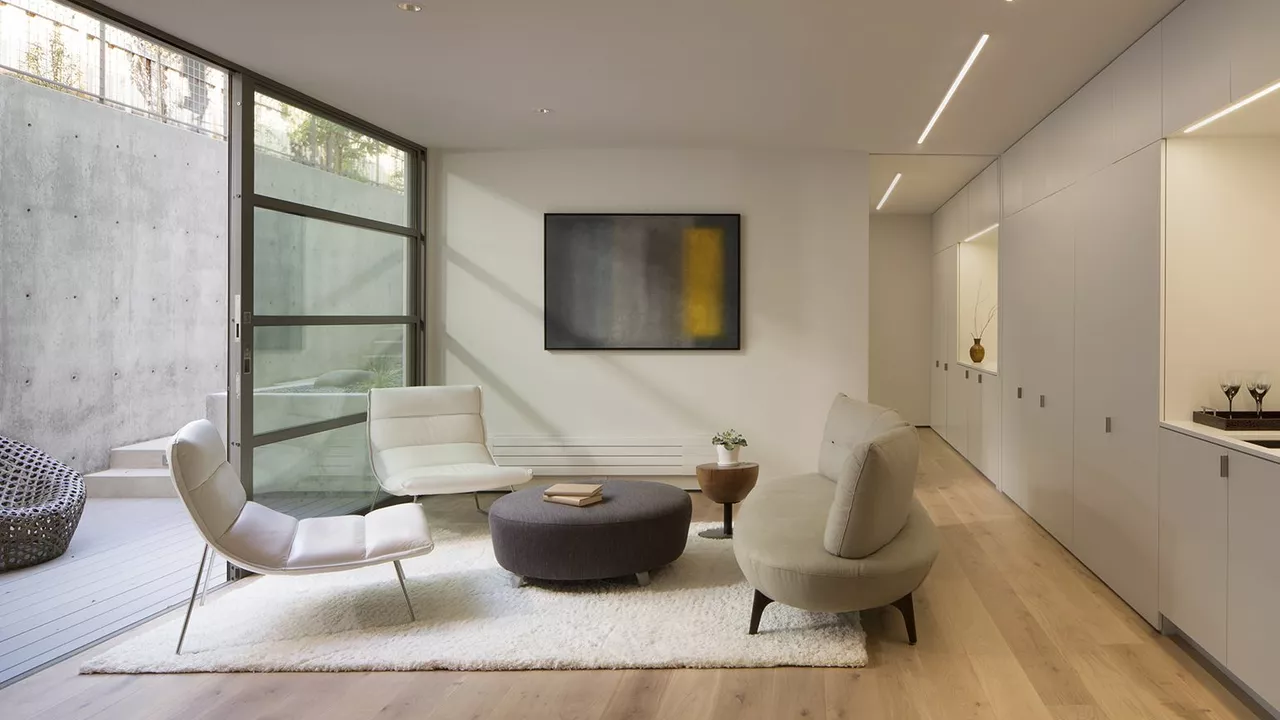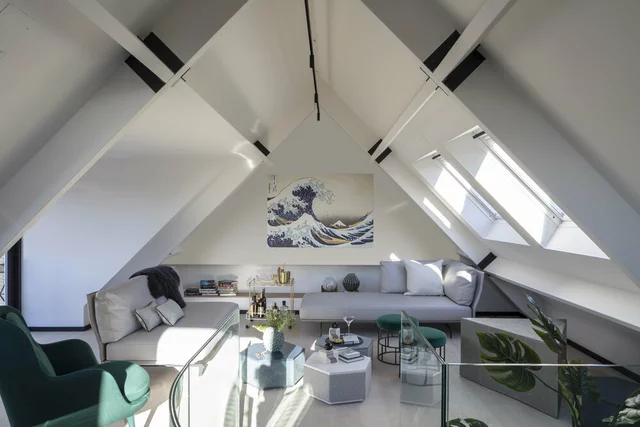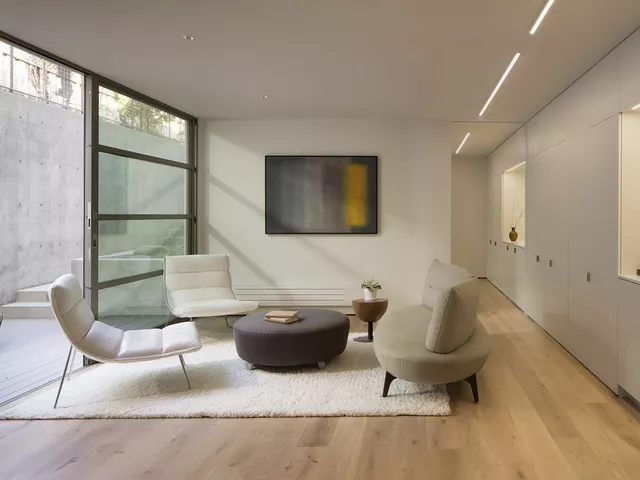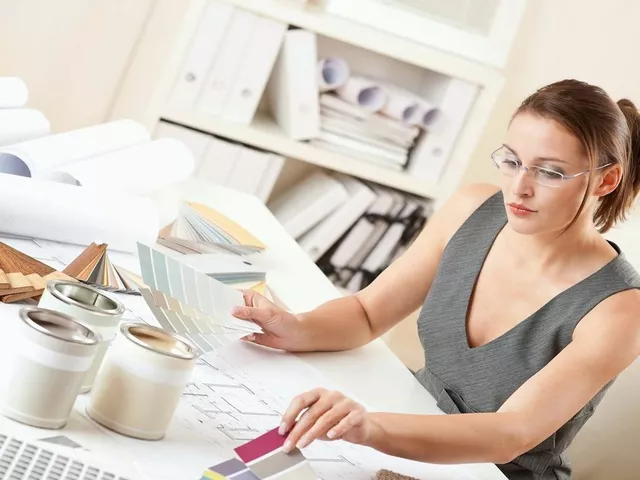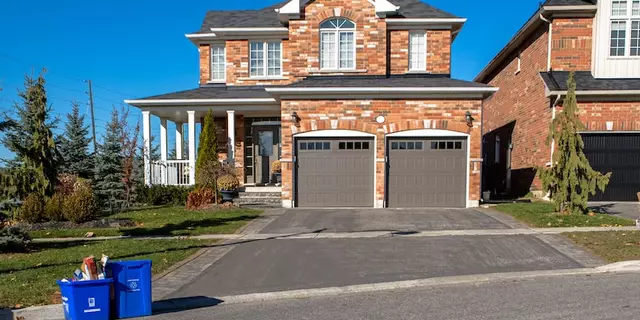Understanding Interior Design
As a blogger who's always keen on learning and sharing new things, today, I am here to talk about interior design methods. Interior design is an art, a way to make spaces functional, safe, and aesthetically pleasing, by understanding the needs of the residents and employing elements of color, light, texture, and space. It's not just about making a place look pretty; it's about improving the quality of life, increasing productivity, and creating a mood or feeling. Let's dive deeper into understanding what interior design method entails.
Importance of the Design Brief
Every successful interior design project starts with a design brief. The design brief is an essential document that outlines the client's needs, preferences, and budget. It provides a clear guideline for what the client wants and helps me, as a designer, to create a concept that fits those needs. It's like a roadmap that guides the entire design process, helping to ensure that the final design is in sync with the client's expectations.
The Concept Development Process
Once the design brief is in place, the next step is concept development. This is where I combine my creativity with the client's requirements to come up with a unique design concept. It's a process that involves a lot of brainstorming, sketching, and 3D modeling. I usually start by researching and gathering inspiration from various sources, then I start to sketch out my ideas, and finally, I use 3D modeling software to bring those ideas to life.
Space Planning and Functional Design
Space planning is another significant aspect of the interior design method. It involves analyzing how the space will be used and arranging the furniture and other elements in a way that ensures maximum functionality. It's not just about making a space look good, but also about making it work well for the people who will be using it. As an interior designer, I always aim to create spaces that are both beautiful and functional.
Choosing the Right Color Scheme
Color plays a crucial role in interior design. It can affect the mood, the perceived size of a room, and even the perceived temperature. Choosing the right color scheme is, therefore, an important part of the interior design method. I usually start by understanding the client's preferences and the mood they want to create in the space. Then, I use color theory to come up with a color scheme that will help to achieve that mood.
Lighting Design: The Key to Enhancing Spaces
Lighting is another element that can greatly affect the mood and functionality of a space. A well-designed lighting plan can enhance the colors, create a mood, and make a space more functional. As an interior designer, I pay close attention to the natural light available in the space and design the artificial lighting to complement it.
The Role of Texture in Interior Design
Texture adds depth and interest to a space. It can make a room feel more warm and inviting, or it can add a touch of sophistication. When choosing materials and finishes, I consider their texture and how it will affect the overall look and feel of the space. I also use texture to create contrast and balance in the design.
Using Art and Accessories to Personalize Spaces
Art and accessories are the finishing touches that can really personalize a space. They add character and personality, making a space feel more like home. When choosing art and accessories, I consider the client's personal style and the overall design concept. I also think about the placement of these items to ensure they enhance the overall design rather than overpower it.
The Final Reveal: Presenting the Completed Design
After all the planning, designing, and implementing, it's time for the final reveal. This is always an exciting moment. I love seeing the client's reaction when they see their new space for the first time. But the process doesn't end there. I always follow up with the client to ensure that they are happy with the design and that it's functioning well for them. After all, the ultimate goal of interior design is to improve people's lives.
